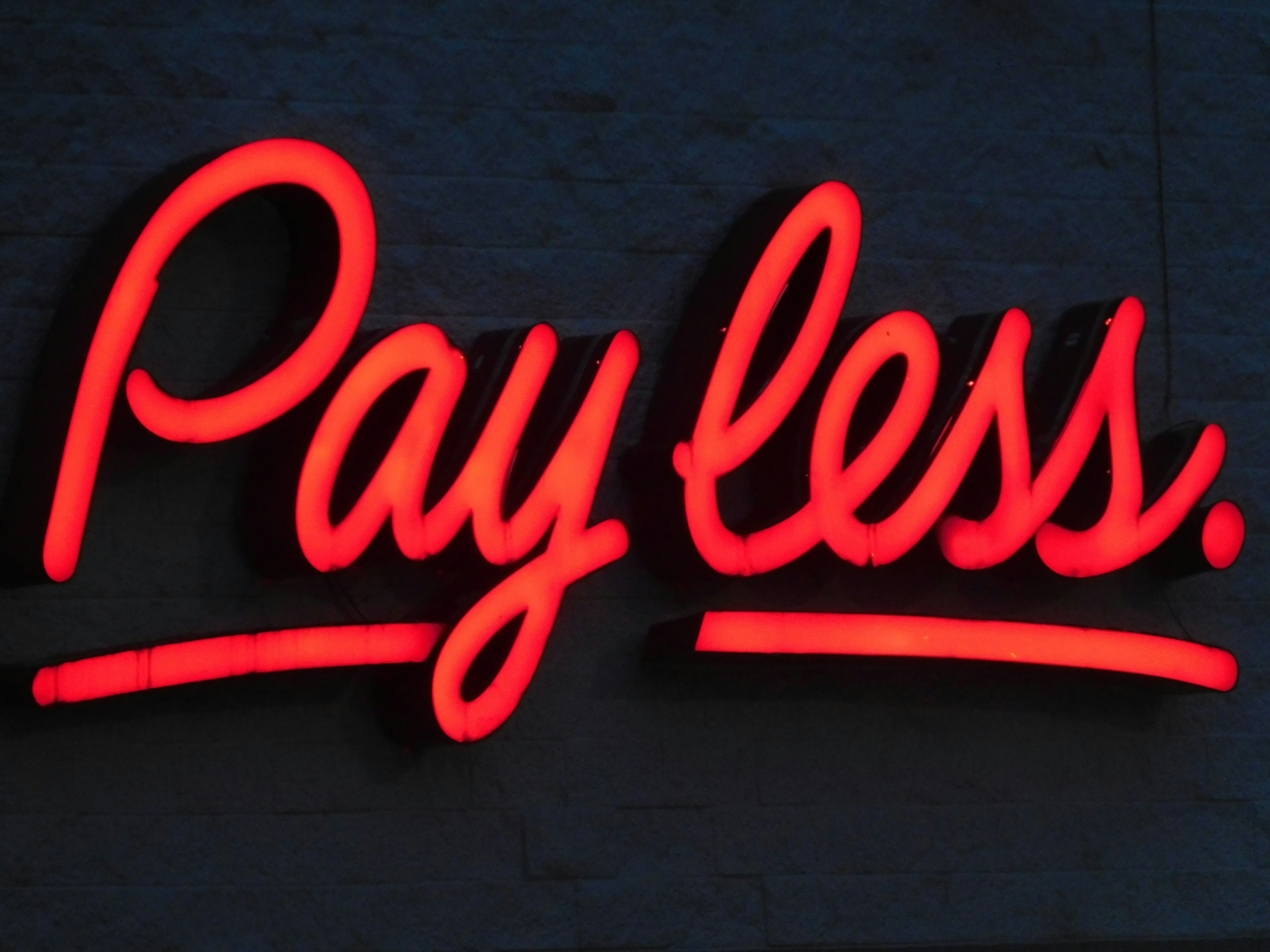Senior Housing
If you are the landlord of a senior living facility, you might already be familiar with the most common tenant complaints. But, if you have recently rented out your senior housing or are considering investing in one, it is important to know how to solve resident issues.
This is because unresolved complaints such as noise, pest infestation or damage can prompt your tenants to consider moving out of the rented apartment.
For every second your rented unit is vacant, the revenue loss starts to build up. In fact, the true cost of tenant turnover can range from $1000 to over $5000 per tenant.
Knowing what the common tenant complaints are and how to solve them is the first step to ensuring a happy, healthy tenant base and avoiding the high cost of tenant turnover.
Let's take a closer look at the six common tenant complaints and ways to address them.
Six most common tenant complaints and ways to solve them
#1: Noise Complaint
One of the most common tenant complaints you will receive from senior housing tenants relates to noise, particularly if they live in a multifamily townhouse or apartments. The tenant can directly complain to you, confront the noisy neighbor themselves, or file a noise complaint officially with the city.
While there are many sources of noise, the most common ones include:
- Yelling
- Loud music/TV
- Stomping overhead, running, or walking overhead
- Children yelling, crying, running, or playing
- Noise from pets
- Parties
Solution: If a tenant in senior housing is disrupting other tenants, landlords need to first speak to the complainant to understand the situation.
The next step is to ensure the complaint is valid. One way to do this is to speak to other senior housing residents and ask them if they also heard loud noises on the date mentioned in the complaint. A one-off incident of having guests over or dogs barking may not be a cause for concern.
If it is a recurring problem, speak to the supposed noisemaker. They may not be aware that they are being noisy and disrupting others. In most cases, making the noisy tenant aware that they are disrupting others may be enough.
Be sure to clearly communicate your expectations for noise levels and quiet hours with your tenants. Establish rules for when music and TV should be turned down, and provide contact information for complaints or problems.
You may also want to consider installing soundproofing in problem areas.
#2: Bed bug infestation
Senior housing facilities are known to be vulnerable to bed bug infestation. According to pest control companies, the worst cases of bed bug infestation occur in senior living facilities.
Bedbugs feed on a human's blood through the host's exposed skin. While some seniors may be allergic to bed bug bites, often spotting or bloodstains on clothing, bedding or mattress may be the first indication of a bed bug infestation.
Solution:
- Schedule a professional inspection from pest controllers promptly when you hear a bed bug complaint.
- Raising the temperature within the unit to 135°F can be effective in killing bed bugs if the infestation is not extensive. Invest in apartment heating packages or heat chambers.
- Prepare an action plan for preventing and addressing bed bug infestation. The action plan includes educating the senior housing residents and your staff members to raise awareness and a reporting procedure. Calling an experienced pest control company is one of the most important inclusions in the action plan.
#3: Property maintenance issues
As wear and tear of buildings occur with time, properties do need constant maintenance. You can expect your senior housing tenants to have maintenance-related complaints and requests such as water leaks, damaged flooring, peeling paint, electrical problems, and so on.
This is why developing a system and a plan for handling maintenance requests is important.
Solution:
- Inspect your property regularly for needed repairs and maintenance, and make sure your tenants are aware of who to contact if they have any issues.
- Keep a budget for repairs and maintenance so that you can address issues as they come up.
- Invest in a smart property management system such as ExactEstate's work order system. While your tenants can create and submit work orders online, you can track these along with your inventory and purchase orders. With a real-time view of the status of the work order, handling maintenance complaints and closing most urgent work orders becomes streamlined.
#4: Unsanitary conditions
Landlords are responsible for providing habitable and safe living conditions. These obligations are set out in local or state housing laws. Complaints regarding unsanitary conditions can be related to:
- Mold and pests other than bed bugs
- Water leaks/excess moisture
- Excessive dirt on the premises
- Improper building construction
- Human/animal waste build-up
- Sewage problems/bad odors
- Unsanitary storage of garbage
- Non-functional utilities
Solution:
- Follow the building and sanitary codes.
- Ensure placement of carbon monoxide and smoke detectors,
- Take care of electrical work, running water availability, plumbing work, and the building's structural integrity
- Make sure that your tenants know who is responsible for which areas of the property and what their cleaning responsibilities are.
- Inspect the property regularly for unsanitary conditions and take action immediately to address any problems.
- Supply trash receptacles and appropriate storage of garbage/waste
- Consider providing a list of approved cleaning products that tenants can use.
#5: Deposit refund
According to American Apartment Owners Association, deposit refund-related issues are the top tenant complaints. This includes deposit refunds, including charges against deposits, delayed refunds, or unnecessarily withholding security deposits.
Generally, when it comes to seniors (62 years or above), the security deposit cannot exceed one month's rent. The laws on when the security deposit has to be returned are specific to each state. Some set a 15 day-limit after the end of the rental contract while in other states, landlords have anywhere from 30 to 60 days to refund the deposit.
Solution: There can be many reasons to withhold the deposit, such as:
- Terminating the lease before its end date
- Unpaid bills
- Rent arrears
- Property damage, in addition to wear and tear
- The tenant created filthy conditions requiring extra cleaning
- Left possessions requiring removal
It is important to collect evidence to justify the withholding of the deposit. Proof can be in the form of before and after photos of the senior housing unit, unpaid bills' receipts, or bank statements.
Using a smart document management system can help you keep track of all the important documents you may need as evidence in case of a deposit-related complaint. The system allows you to store and access contracts, rental agreements, leases, and receipts to streamline your senior housing management.
This will also allow you to itemize the deductions, so your tenants understand why the amount was withheld. Send regular reminders to all your senior housing tenants on the steps they can take to keep their rental space clean.
#6: Safety-related issues
These complaints can include faulty smoke alarms, electrical concerns, unsafe appliances, leaking plumbing, slippery or damaged flooring, gas leaks, and other issues impacting the residents' health and safety.
Solution: When damages affect the senior housing unit's liveability or safety, landlords need to fix these at no cost to the senior residents.
The best way to avoid these types of complaints is to be proactive in preventing safety hazards. Make sure the retirement home is elderly-friendly.
Boost overall safety by adding safety features such as accessibility ramps, working stairlifts, security cameras, handrails on staircases, strong locks, safes, and panic buttons.
Ensure the floors are not slippery, and there are loosely hanging fittings in the unit that can injure the seniors.
A common issue: Repair problems
From appliances, roofing, plumbing, carpeting, and windows to cooling and heating, repairs are among the top six tenant complaints. Slow work orders and lack of response from landlords are one of the most common tenant complaints.
Solution: As a landlord, you are responsible for ensuring the senior housing facility is in a habitable and safe condition as per the local housing codes. While ensuring you address any plumbing or heating complaints within 24 hours, handle other less urgent within 48 hours.
If the repair is required due to a tenant's neglect or damage, it becomes the tenant's responsibility to get it fixed. In this case, the landlord can get the problem resolved and then charge the tenant.
One way to streamline your work orders is to use a property management maintenance software such as ExactEstate.
With customizable work orders, you can get a quick view of repair requests and the status of repairs.
Stay on top of property maintenance
ExactEstate's property management software is the key to the smooth management of the rental units in senior housing. Contact ExactEstate to simplify the whole process of tenant management and keep the rental units in good condition.






